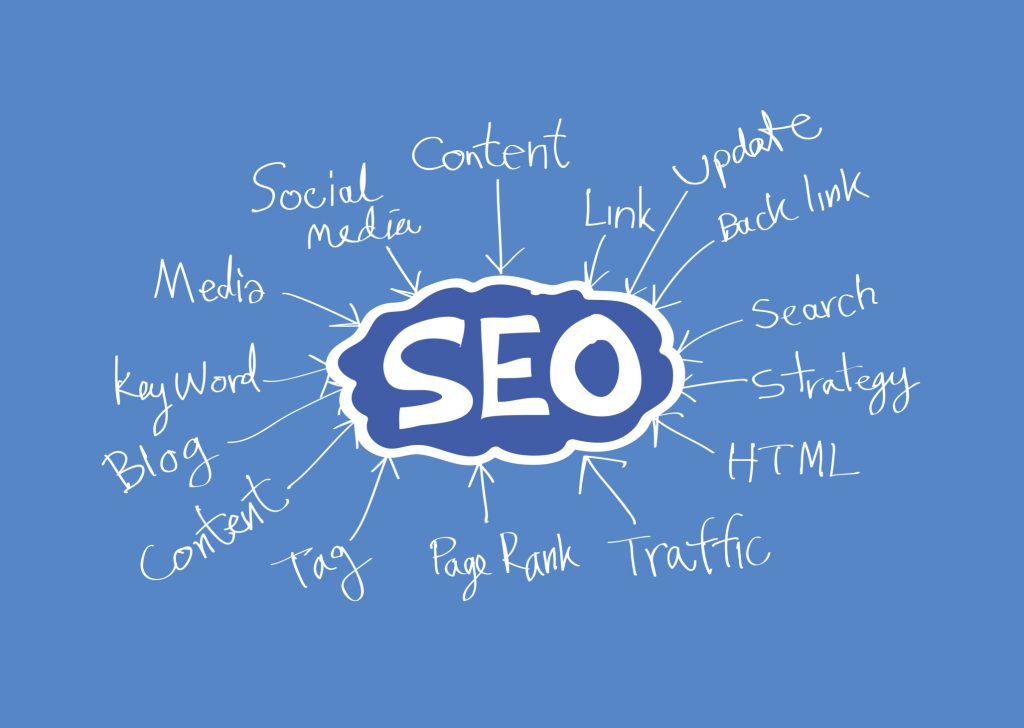
Search Engine Optimization is a very hot topic on the World Wide Web. After-all, everybody wants to rank higher and come up on the first page of Google search and get more traffic.
Sometimes it is easy to get carried away with SEO though. In my opinion, the best technique is to keep it simple and apply a bit of common sense.
Most SEO plugins will take care of the common architecture related stuff for you. So in this article I will only focus on techniques that you need to do yourself (or be aware of).
I have identified and made a list of top 15 SEO practices that I tend to forget quite often. These simple SEO techniques, if practiced properly, can make a significant difference as to how my pages are ranked in the Search Engine Queries.
- Use proper anchor text for inter-links. Don’t use “here”, “there” etc for the anchor text (if you can avoid it).
- Optimize the images, always create alt tags and write description in the alt tag.
- Use search engine friendly permalinks. Try not to have too many ‘&’, ‘?’, ‘!’ etc characters in the URL. Sometimes it is unavoidable but try to keep it to a minimum.
- Use hyphens (-) between words to improve readability.
- Do not use underscores (_) in URLs, use hyphens (-) instead.
- Do not use session id in URLs. If you are using good hosting then you shouldn’t have to worry about this one.
- Avoid using capital letters in URLs. Windows servers are case sensitive. Keep them lowercase so there’s no confusion.
- Use internal linking when possible and appropriate.
- Use sticky posts (if you can and if it applies to you).
- Have a category description paragraph.
- Let the visitors subscribe to category specific RSS feed. (Use category specific RSS plugin for WordPress)
- Use rel=”nofollow” tag on low value links to not pass the page rank juice. For example “Read the rest of the entry”, “About”, “Contact” etc.
- Use sub-directories rather than sub-domains when possible. Sub-domains do not share link love from the main domain as it is treated as a different domain.
- Research the target audience and aim the site content appropriately.
- Keep the content up to date. Visitors don’t like outdated content. Updating the content frequently also attracts the Search engines spiders to index the web pages frequently.
Chris Corey CMO Markethive

Written by: https://www.tipsandtricks-hq.com/
Alan Zibluk Markethive Founding Member
